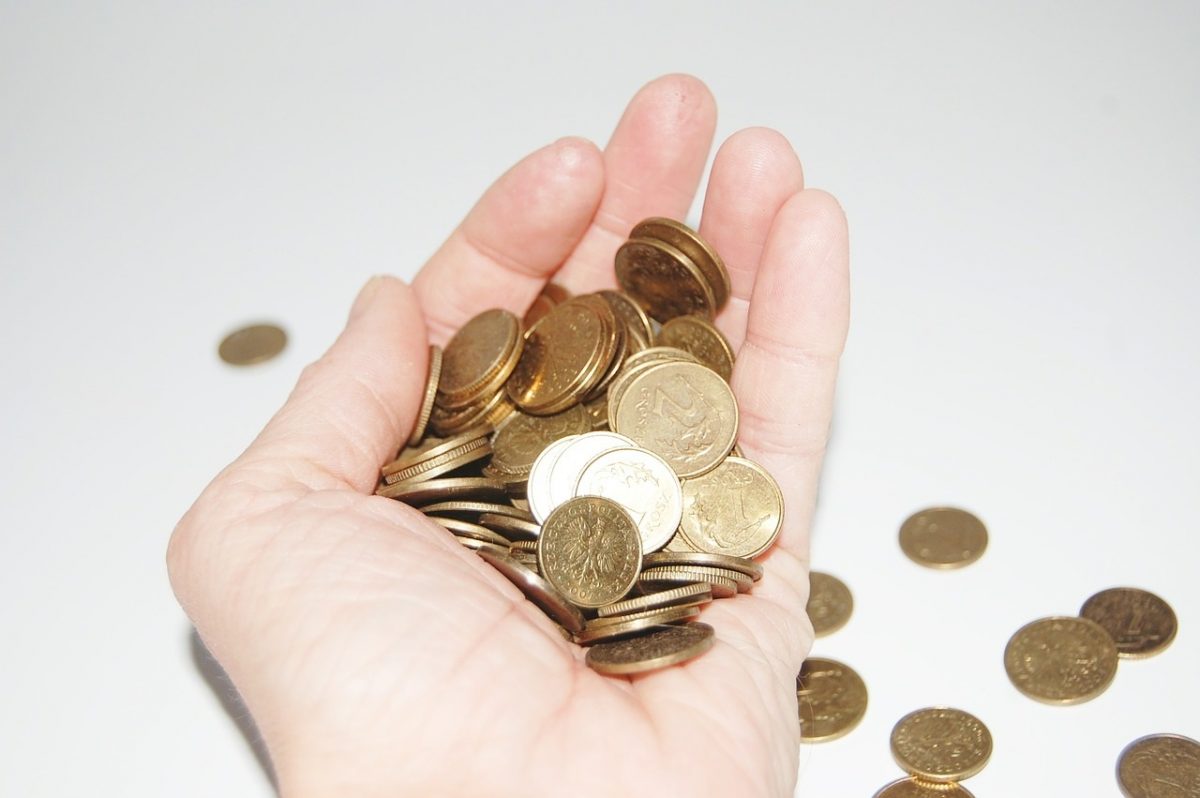Payments on account of 17/18 tax are due by 31 July, and you may have received a statement in the post telling you how much you need to pay.
What are they and how are they calculated?
If you pay your tax under self assessment – you will probably have to make “payments on account” of your tax bill at 2 stages during the year -31 Jan and 31 July. They are just that – a “part payment” of your anticipated tax bill for the year.
How these are calculated is easiest explained with an example.
You started your business in May 2015, prepared your accounts and calculated your tax bill for 15/16 to be £3,000. This was due for payment at 31 Jan 2017. But you also had to pay a payment on account of your next year’s (16/17) tax bill – and this was automatically calculated at 50% of the previous year – so £1,500. So actually at 31 Jan 17 you had to pay £4500. You may have just paid this at the time and not really grasped what it was for.
The second payment on account for 16/17 is due by the end of July and again is 50% of last year’s bill – so another £,1500.
So by now – you have paid £3,000 on account of your 16/17 tax bill – even though, if you have not yet filed your tax return, you don’t actually know how much your final bill will be.
If your profits in Year 2 have gone up – and when you do your accounts and file your tax return, your tax bill for 16/17 is worked out to be £5,000, then you have already paid £3,000 of it during the year – so you only owe a further £2,000 at 31 January 2018. But, the process is repeated – so at 31 January 18 you will owe £2,000 for this year – and your first payment on account of 17/18, calculated as before at 50% of the current year bill (£2,500) – so £4,500 in total. You then owe at 31 July 2018 your second payment on account of 17/18 – another £2,500.
If you are in the scenario where profits are lower than the year before, then you will have overpaid in the year with your 2 payments on account and you will be due a refund for that year. In the example above, if your tax bill for 16/17 worked out to be £2,400, then because you have paid £3,000 during the year, then you have overpaid £600. But, taking into account your first payment on account for 17/18 which will be 50% of £2400 = £1200, you still owe £1200 – £600 = £600 at 31 Jan 18!
Confused?? Who said tax wasn’t taxing!
If you know your profits are going to be lower in the next year, perhaps because you are doing less hours or lost a key client, then you can apply to reduce the payments on account that are going to make – to avoid overpaying in the first place. Don’t overestimate the reduction though, as HMRC will charge you interest if you get it wrong and reduce the payments too much.
A word of warning – the changes to the dividend rules means that many more people will owe tax under self assessment. You are only excluded from making payments on account if the amount you owe in tax is less than £1,000, so many small business owners will be facing payments on account in the future.
For more information please contact Rosie Forsyth.


